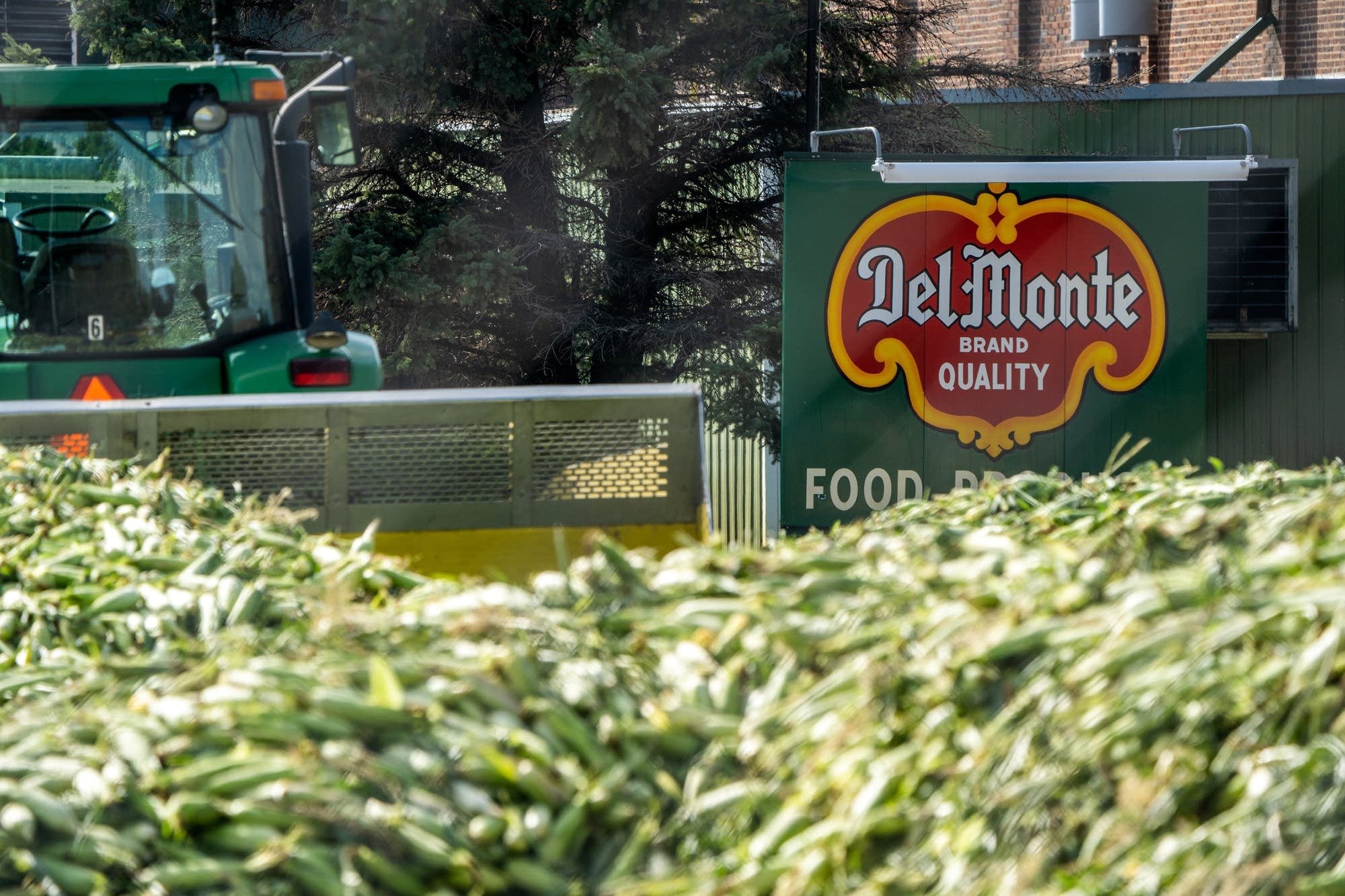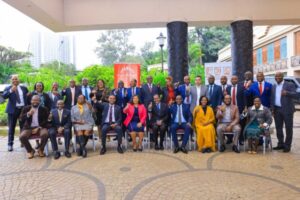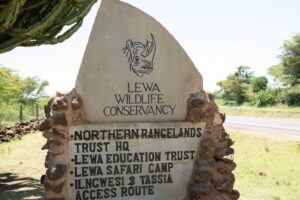Del Monte Kenya might lose their huge tracts of land they acquired in Kenya after a petition filed by Malindi and Mombasa Law Society of Kenya groups locks them out of the case.

In his affidavit, petitioner Stephen Kuria Mbugua says Kakuzi has declined to surrender public utilities to national and Murang’a county governments, three months after recommendations by the commission.
“The company has enclosed the public utilities within its premises and treats them as private, depriving the petitioner access to public amenities, yet they are meant for public purpose,” read part of the affidavit before the High Court.
Kakuzi is engaged in livestock farming; growing and selling of tea, pineapples, avocado and macadamia. In the protracted battle, the residents say they have been locked out of key amenities such as schools and hospitals due to the company’s decision to close public access roads.
For residents living in villages near the expansive farm, moving from one village to the next comes with the irritating inconvenience of requesting access to roads cutting across Kakuzi. Murigi reckons it is comparable to the Kipande System, a colonial registration system that curtailed the movement of Kenyan natives.
“Our movement is very limited, we have to produce a pass whenever we need to move about, how is that different from the colonial Kipande?” Murigi poses.
Yet without a gate pass, he would be barred from using any of the four motorized roads within Kakuzi Limited: Kwa Stima to Mangamate, Mangamate to Upper Hill, Kitito to Kitito Factory and Kitito to Kakuzi.
The two multinational agricultural firms, Kakuzi and Del Monte Kenya, have been locked out of a petition challenging constitutionality of some sections of the land laws.
The sections, if implemented, will see Kakuzi Plc and Del Monte Kenya lose their huge tracts of land. Kakuzi Division Development Association that wanted to join the case to oppose what Kakuzi PLC would have told a three-judge bench in Malindi.
The petition was filed by members of Malindi and Mombasa Law Society of Kenya groups in October 2016 seeking a declaration that sections 38, 47, 48 and 98 of the Land Laws (Amendment) Act 2016 are unconstitutional, null and void.
The lawyers moved to court a month after President Uhuru Kenyatta assented to the Land Laws (Amendment) Bill (2015) to amend the laws relating to land to align them with the constitution. The law gave effect to Articles 68(c) (i) and 67 (2) (e) of the Constitution to provide for procedures on eviction from land, and for connected purposes.
Article 68 (c) (i) provides that Parliament shall enact legislation to prescribe minimum and maximum land holding acreage in respect of private land.
On the other hand Article 67(2) (e) mandates the National Land Commission to initiate investigations or on a complaint, into present or historical land injustices and recommend appropriate redress.
The lawyers had filed two separate petitions but they were consolidated and proceeded to hearing by way of submissions. They listed the Attorney General, the Speaker of the National Assembly and the National Land Commission as the respondents.
Kakuzi argued that the Commission could not admit and hear historical injustices since NLC (Historical Injustices) Regulations 2017, which set out procedures on admission of historical injustices, was annulled by Parliament in March, 2018.
“The honourable court be pleased to declare that it is unlawful and contrary to Article 50(1) of the constitution for the National Land Commission to hear and determine historical land injustice claims in the absence of legally enacted regulations to this effect,” reads one of the orders sought by Kakuzi.
The six groups are Kitoto community IDPs, Kinyangi squatters, Kituamba Kaloleni IDPs, Gathungururu self-help group, Kihinganda group and Gaichanjiru Self Help group.
NLC on October 15 served Kakuzi with a hearing notice scheduled for November 1, which Kakuzi said it failed to give them enough time to prepare their defense.



















